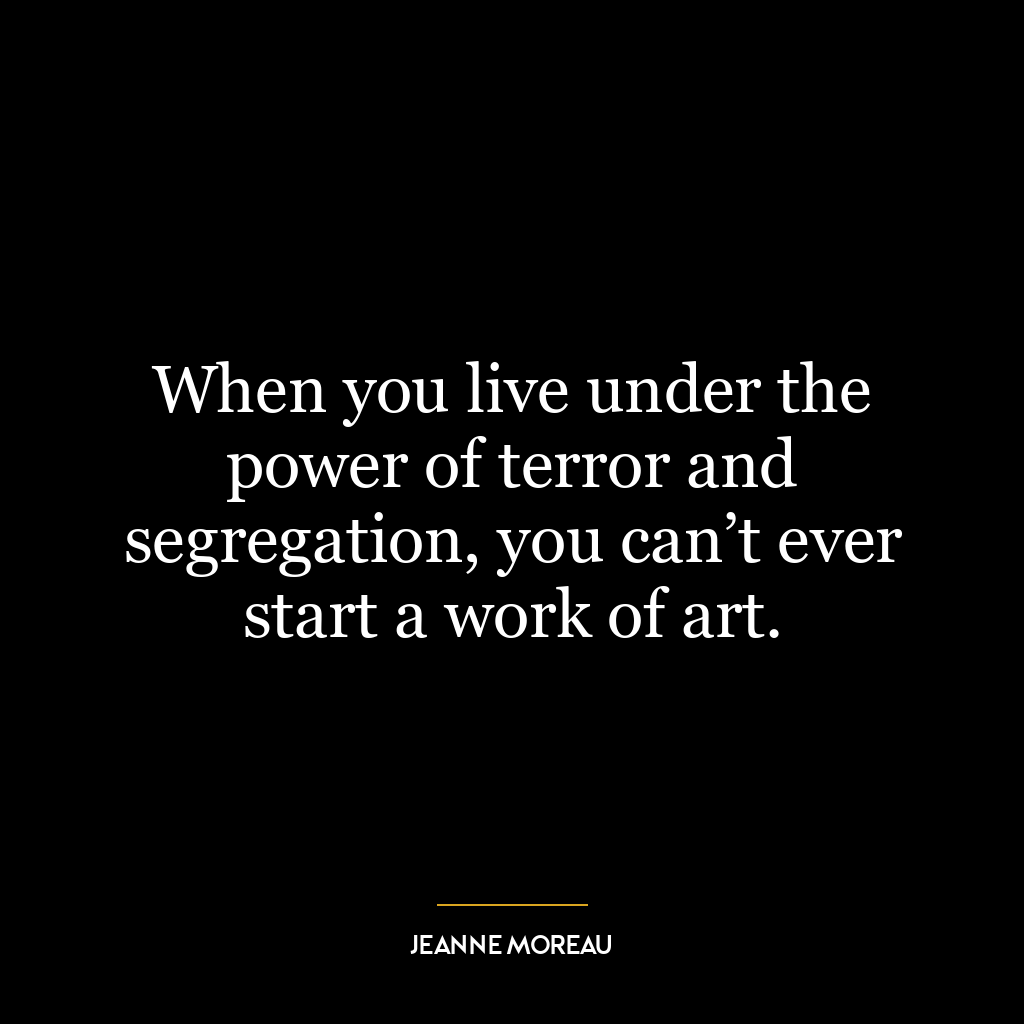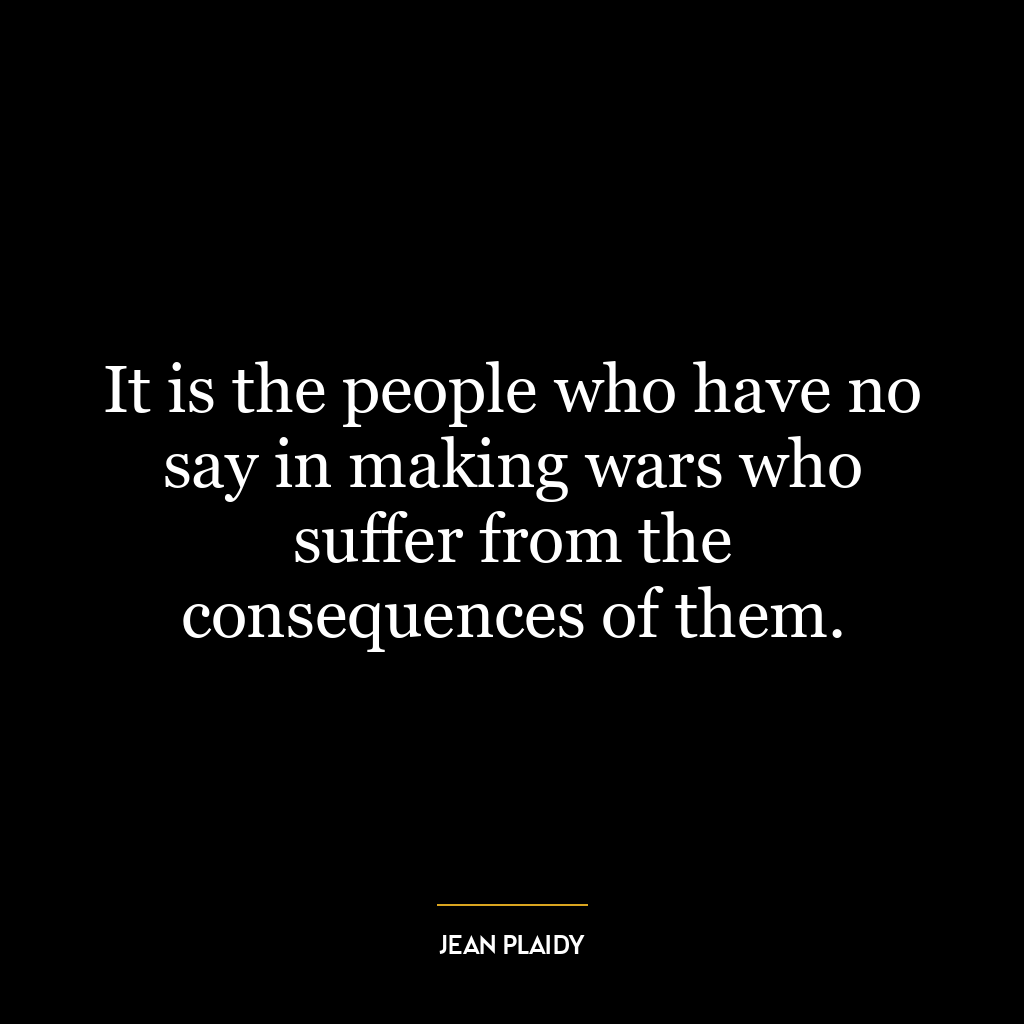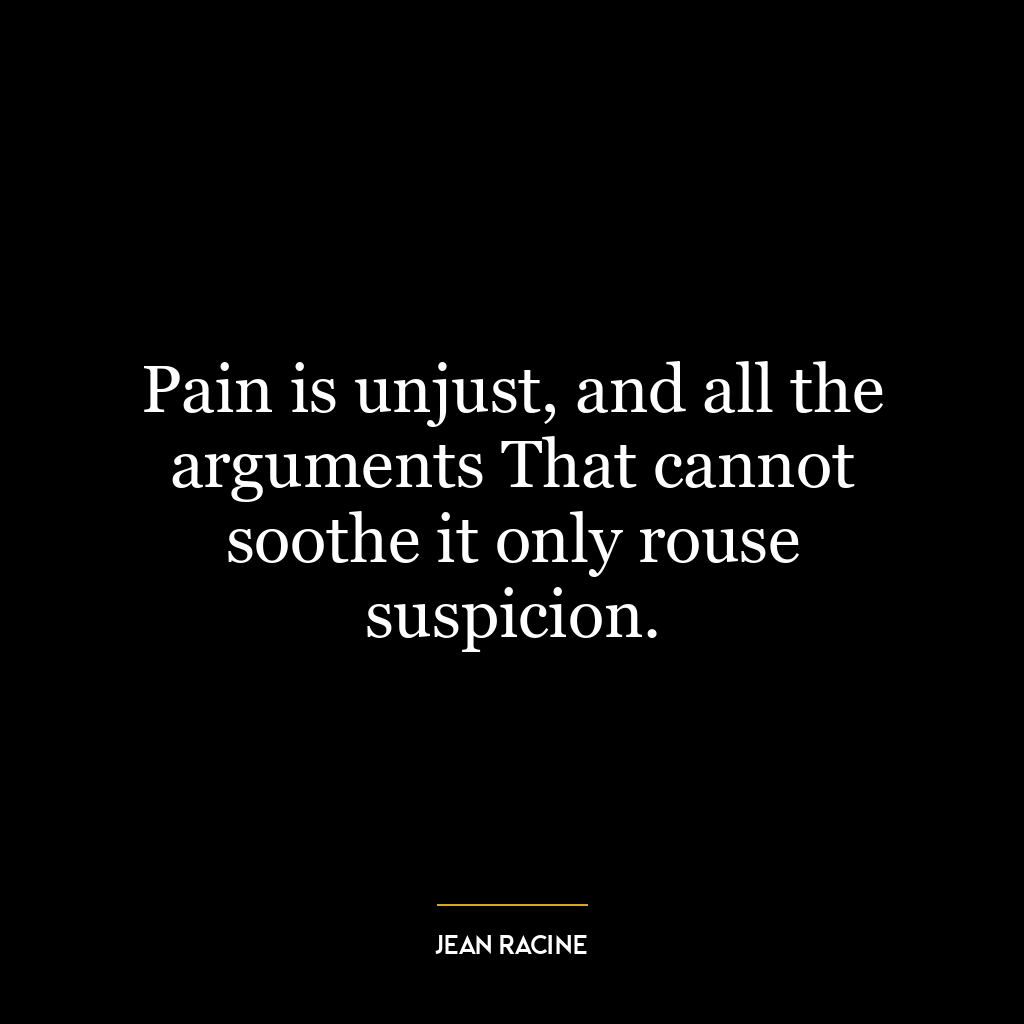As long as the superstition that people should obey unjust laws exists, so long will slavery exist
This quote underscores the idea that obedience to unjust laws perpetuates systems of oppression, likened here to slavery. The term “superstition” is used to denote a deep-seated, often unquestioning belief in something without logical or factual basis. Here it refers to the belief that one should obey laws even when they are unfair or unjust.
The quote suggests that as long as people continue adhering to this superstition – i.e., obeying unjust laws - systems of oppression akin to slavery will continue. It implies a call for civil disobedience, urging individuals not just passively accept but actively resist laws which are inherently unfair.
Applying this concept in today’s world could mean questioning and challenging existing societal norms and regulations that seem oppressive or discriminatory. This might involve lobbying for changes in legislation, participating in peaceful protests, or using platforms like social media to raise awareness about these issues.
In terms of personal development, this idea encourages critical thinking and self-awareness. It pushes individuals not just accept things at face value but question why things are the way they are and if they can be improved upon. It promotes courage and resilience needed for standing up against injustice even when it’s institutionalized or widely accepted by society.
It also emphasizes moral autonomy over blind conformity – choosing what is right over what is easy; choosing justice over law when both don’t align with each other. This can lead one towards becoming an active agent of change rather than being a passive recipient of societal norms and expectations.









